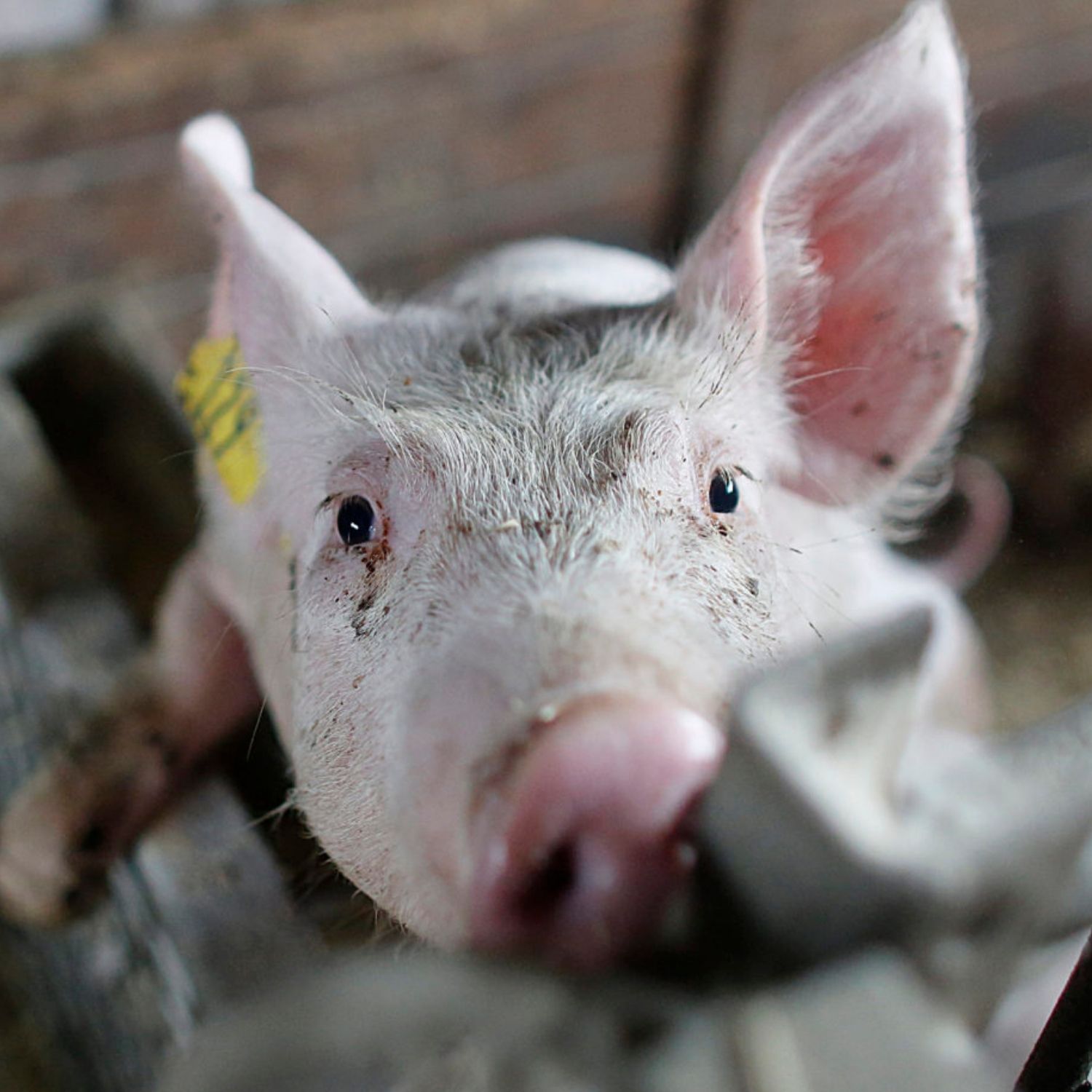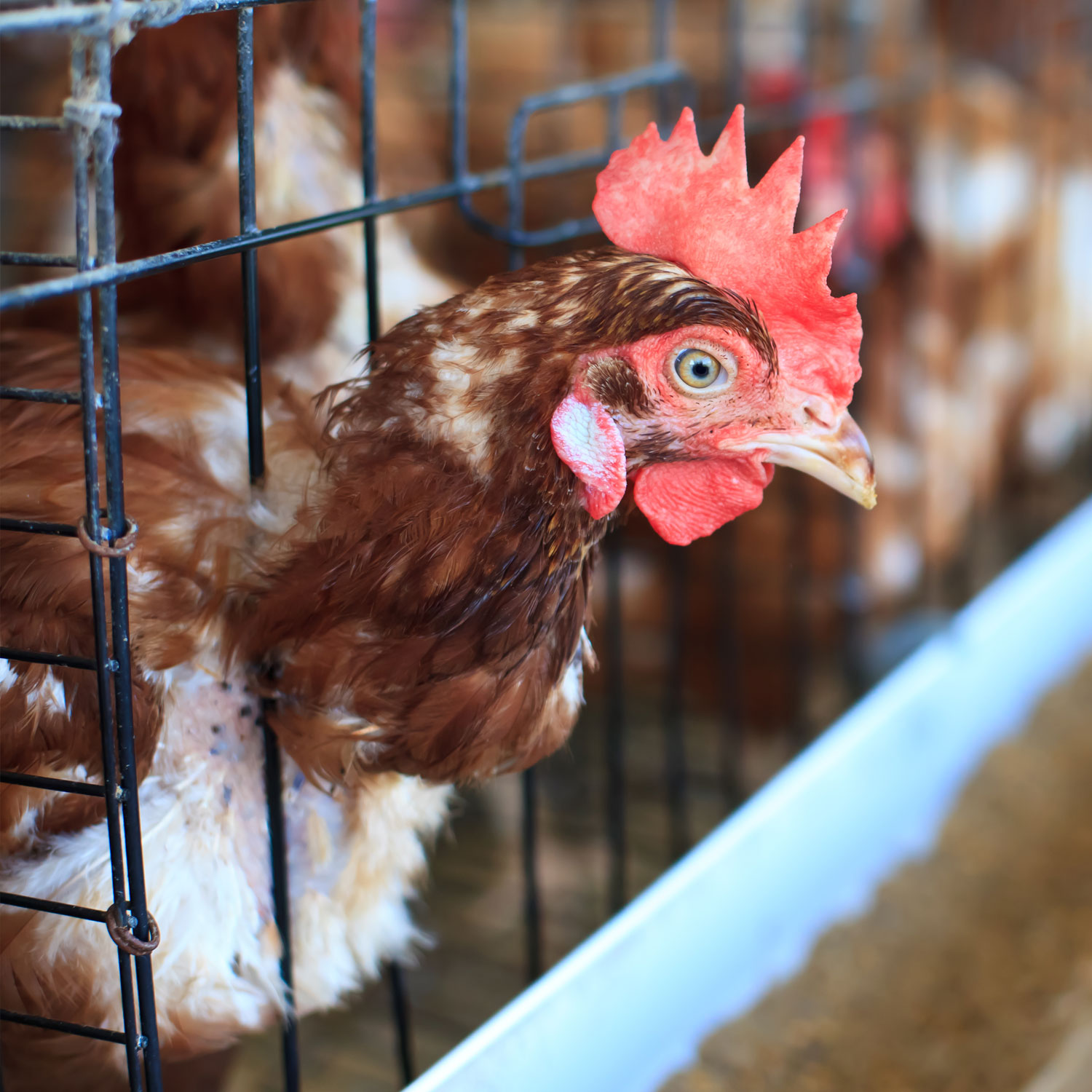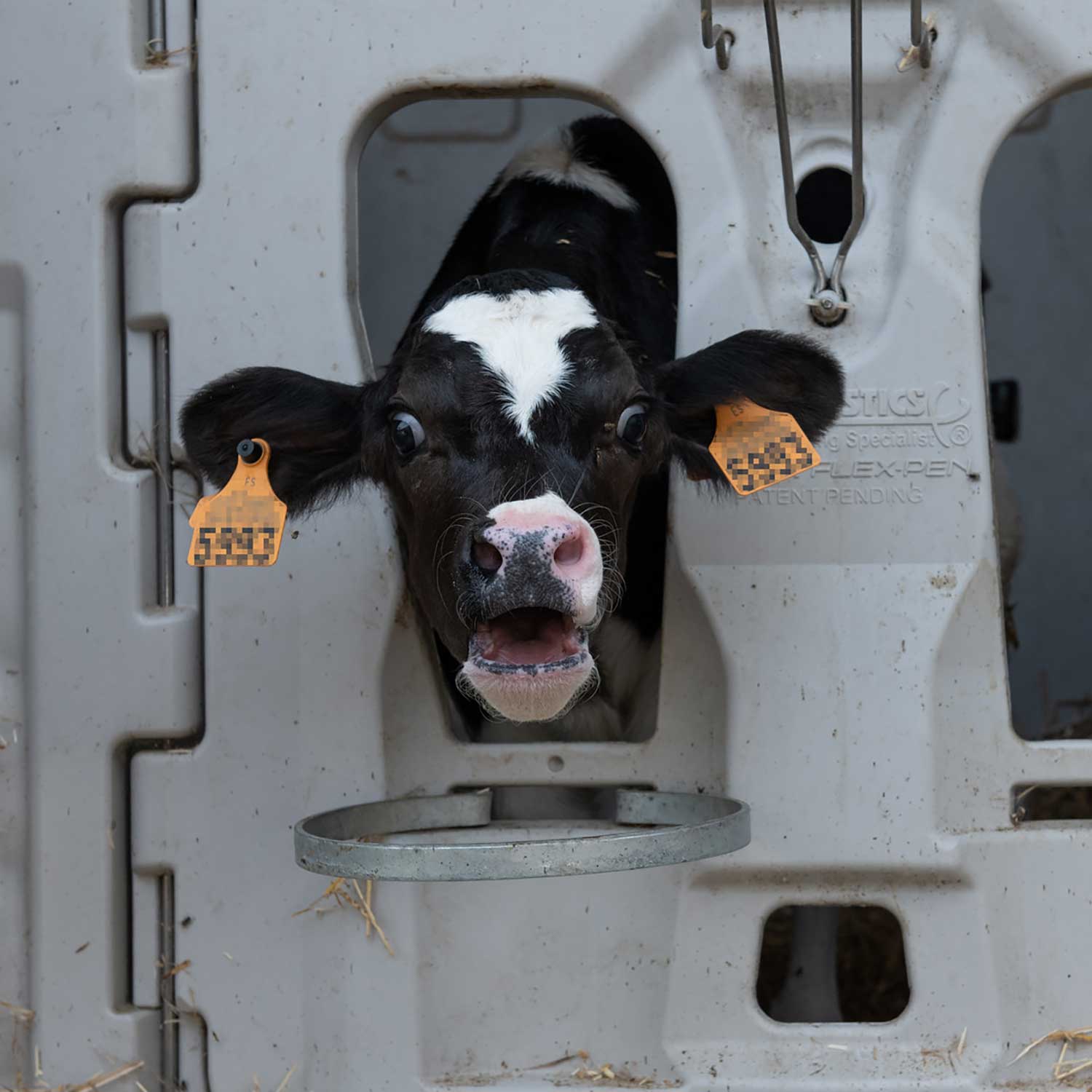Naucalpan Becomes First City in Mexico to Add Cameras to Slaughterhouses
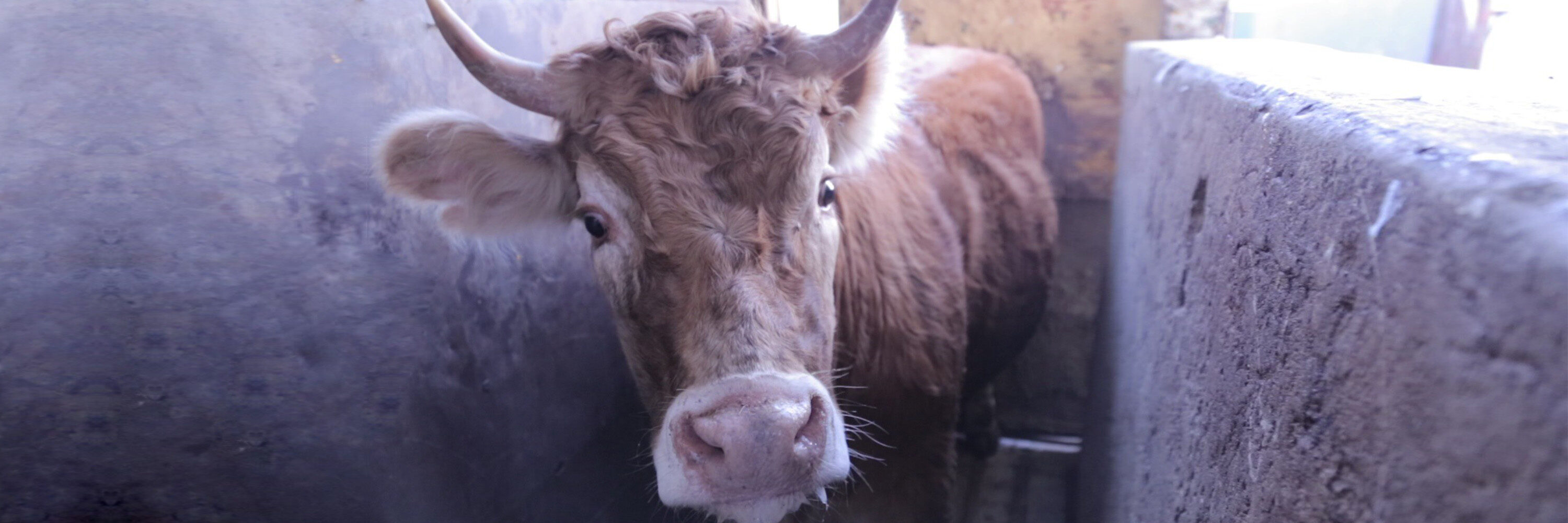
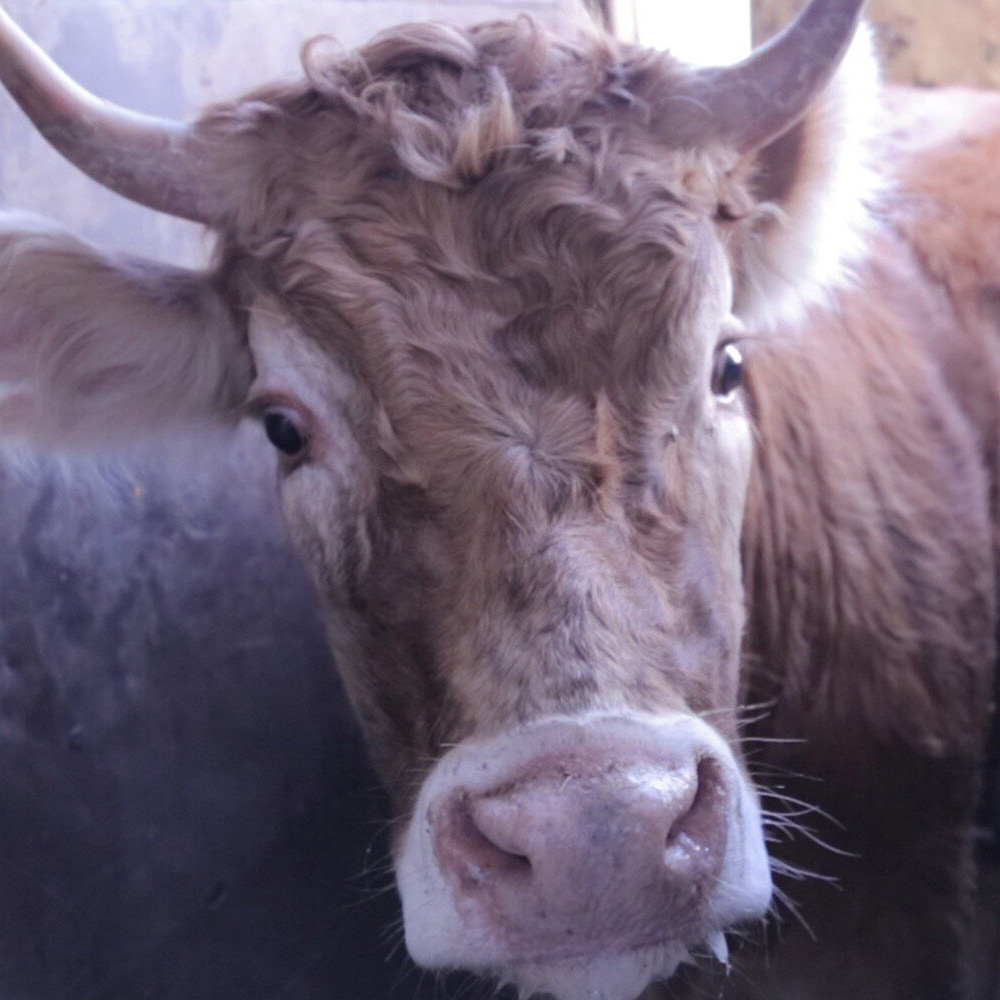
On December 16 at the Town Hall of Naucalpan de Juárez in the State of Mexico, the Animal Protection and Welfare Regulation bill was approved. This new set of regulations includes reforms recommended by Animal Equality Mexico and establishes protections for all species of animals—including farmed animals—and criminalizes cruelty against them. Failure to stun these animals prior to slaughter, as well as any mutilation or veterinary negligence, will now be punishable by law.
A MILESTONE IN MEXICO: The Naucalpan regulation, which was made possible thanks to the work of Animal Equality Mexico and Naucalpan councilor, Angélica del Valle Mota, marks a milestone in animal protection in the country because the city becomes the first in all of Mexico to install a video surveillance system in each of its slaughterhouses. Through the use of this technology, all areas of the city’s slaughterhouses will be monitored by cameras, ensuring animal welfare protocols will be followed (and documented if they are not). The regulation also establishes that these facilities must comply with the Official Mexican Standards and induce animals into a state of unconsciousness prior to death.
THE “PRO ANIMAL” PRINCIPLE: Something that also stands out about these new regulations is that they incorporate the “Pro Animal” principle, which implies that if there are doubts about any article of the Regulation, the interpretation that is most favorable to animals (without undermining human rights) should be followed.
WHAT THE REGULATIONS ESTABLISH IN MORE DETAIL:
- Animals must be stunned prior to slaughter
- Killing animals for consumption on public roads is prohibited
- Animal fighting, as well as using dogs to guard property, is prohibited
- Using animals for entertainment is prohibited
- Mutilation or body modification for aesthetic or nonessential purposes is prohibited
- The sale and/or raffle of live animals is prohibited on public roads and in public places
- Circuses using animals are prohibited
THE BACKGROUND: These reforms are in line with those that Animal Equality Mexico successfully secured earlier this year in Zapopan. This also follows our work to reform the Jalisco Penal Code in 2019, creating first-of-its-kind regulations that protect animals raised and killed for consumption.
WHAT WE’RE SAYING: “This is tremendous progress for farmed animals—animals that previously were never protected by our country’s legal framework. These new regulations match the progress we’ve made in other regions of Mexico and bring us closer to a country where all animals are protected by law, ” says Dulce Ramírez, executive director of Animal Equality Mexico.
WHAT COMES NEXT: In order to ensure that all farmed animals have legal protection and that cruelty against them is punished, we continue to present similar legal initiatives to all levels of the Mexican government. Thanks to our work so far, many animals will be spared future pain and suffering but there is still much work to be done. You can help by supporting our important work, sharing out this news on your social networks, and making compassionate choices that positively impact animals. Together, we can change the world.
WHAT MORE INFORMATION ON PLANT-BASED LIVING? VISIT LOVE VEG!

